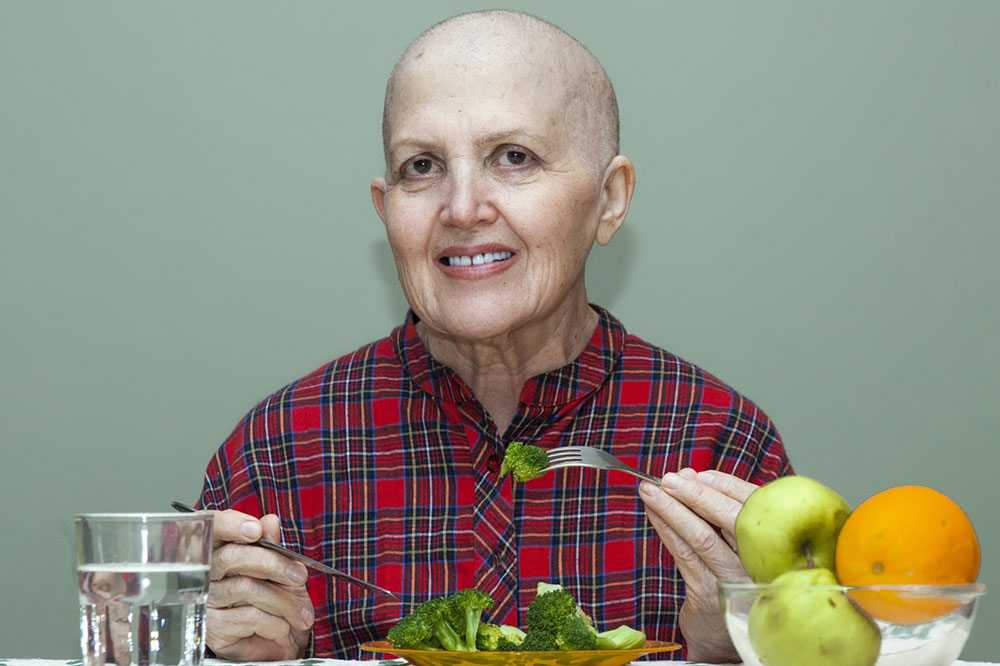
The Side Effects of Chemotherapy
An organ affected by cancer loses its ability to function properly. While the condition can be treated effectively, some of the main side effects of cancer treatments weaken the body and immune system, leaving an individual susceptible to frequent infections. One of the common treatment methods for cancer, chemotherapy fails to distinguish between the cancer cells and healthy cells, so it kills both of them, resulting in various side effects. Here are some of the most common side effects of chemotherapy:
It weakens the immune system
Chemotherapy is an effective treatment method for cancer, but it also kills healthy cells, making the body vulnerable and more prone to infections. Low immunity is one of the main side effects of chemotherapy as a cancer treatment, and it makes the body unable to fight infections. The risk of infections can be lowered by following a healthy diet, maintaining personal hygiene, avoiding contact with sick people, and consulting a medical professional whenever necessary.
Difficulty in breathing
Chemotherapy may affect the lungs, leading to an inability to get adequate amounts of oxygen, causing difficulty in breathing. Oxygen therapy, deep breathing, and breathing exercises may help deal with this side effect.
Bruising and bleeding
Chemotherapy weakens and causes bruises and bleeding easily, which could be dangerous. So, it is best to contact a doctor in case of a severe wound that does not heal.
Neuropathy
Damaged nerves are one of the main side effects of chemotherapy as a cancer treatment. The medications damage the nerves responsible for movement and feeling in the feet and hands, causing numbness. You can manage this by applying lotions that contain menthol and cocoa butter.
Constipation and diarrhea
Chemotherapy damages the digestive cells, which leads to digestive issues and improper functioning of the system. Adequate consumption of fluids to ensure hydration may improve constipation and diarrhea.
Nausea and vomiting
Nausea and vomiting are common after chemotherapy sessions as they are among the main side effects of cancer treatments. These side effects can be managed by eating small meals and taking anti-nausea medication after consulting a doctor.
Rashes
Chemotherapy might cause severe rashes on the skin, which might also be accompanied by painful itching, and there is a risk of bleeding if one scratches severely. Moisturizer may lessen the pain and itchiness of the skin, but ensure that you do not use products with fragrances as they might irritate the skin further.
Hair loss
One of the main side effects of chemotherapy as a cancer treatment is hair loss, but this is not permanent. Hair grows back within weeks after the treatment is completed. Temporary hair loss is a result of damage to the hair follicles that makes hair brittle, but proper care slows hair fall and promotes growth.
Mouth sores
Some people might develop severe mouth sores after one to two weeks of chemotherapy sessions. These sores are painful, and they are accompanied by bleeding. They may also cause an infection, so rinsing the mouth with warm saline water is helpful to get rid of sores.
All the above-mentioned side effects of chemotherapy may not affect every patient undergoing the therapy. The side effects depend on the type of cancer and the treatment method, but it is best to consult a doctor to manage the side effects effectively.



